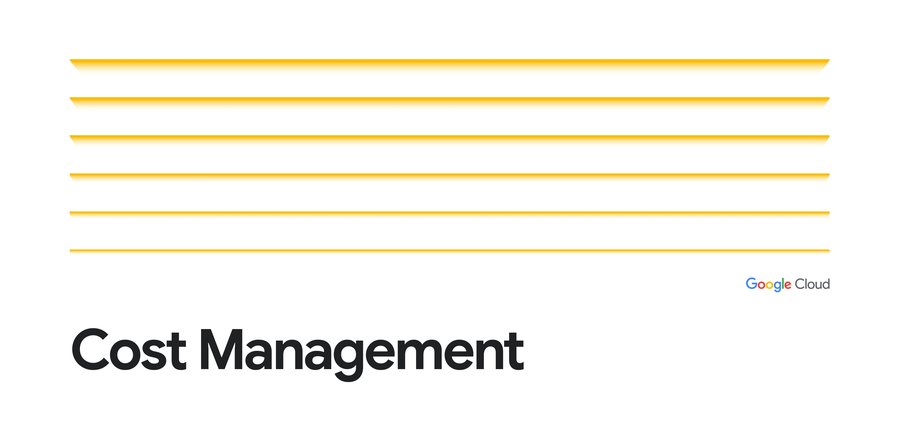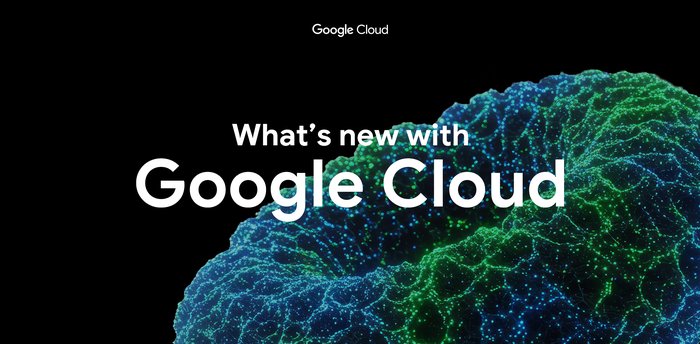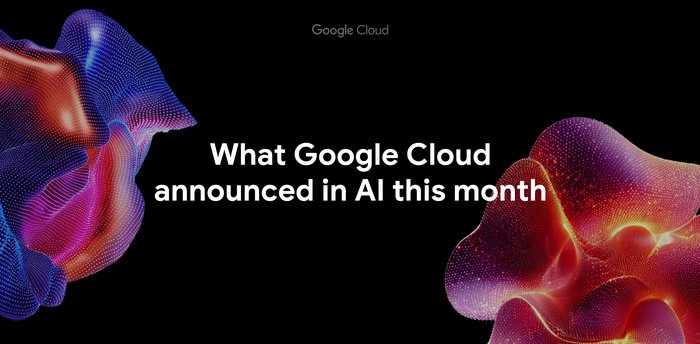Understanding Cloud Pricing Part 4—Cloud TCO: Verified
Miles Ward
Director of Solution Architecture, Google Cloud
At our Google Cloud Next, I had an opportunity to talk with developers all over the world about what they’re struggling with, and one of the issues that’s always top of mind when evaluating cloud is cost. Not just list prices or discounts — what customers really want to understand is the long-term view of true cloud economics and the fiscal ramifications attached to the myriad of different ways you can build systems today.
It turns out that even seasoned experts with years of infrastructure experience under their belts can often find the flexibility and performance/price ratio of cloud services extraordinarily difficult to compare to what they’re familiar with on-premise. There are a lot of very standard behaviors (capacity planning, supply chain management, real estate/facilities operations, decommissioning, etc) that are simply irrelevant in a cloud environment, and it can be difficult to recognize the degree to which unlearning these behaviors changes the game.
My team has taken several approaches to help customers understand their costs in the cloud. What these efforts focus on is providing context and clarity. For example: Google Cloud Platform’s finely-grained, on-demand, pay-as-you-go, zero lock-in model is just different than other clouds, and helping customers understand those differences helps them make better choices. Or another: Google Cloud Platform provides cutting edge technology built on the incredible power of distributed software, machine learning, and fast, fast, fast gear, which delivers spectacular performance, and helping customers harness that performance for their applications is what my team is all about. We combine these two, a great model and great tech, at an outrageously low total cost of ownership; now that’s a design for success.
We’ve built an easy-to-use Pricing Calculator to help you estimate your monthly Google Cloud Platform bill and TCO tools for both compute and storage. We’ve also written several blog posts (1, 2, 3, 4) diving into specific examples where we can really compare and see how nuanced changes to implementations can make a big difference in TCO. And we’re not done: we’re continuing to update our pricing page and build tools that help customers optimize their systems for cost. Keep the feedback coming!
But our approach to price/performance goes well beyond just ensuring we have incredibly competitive list prices. We focus on delivering technical leadership in cloud economics, with innovations like automatic sustained use discounts, per-minute billing and flat-price preemptible VMs.
I play sousaphone, so I suppose it’s not too surprising that from time to time I’ll toot my own horn, but we definitely know that third party validation of these facts is crucial for any wise business or technical decision maker. Do not take all of your car advice from the Tesla engineer!
Enterprise Strategy Group, an independent analyst firm with years of experience evaluating the price/performance of technology systems took a close look at the tools we’ve built and the statements we’ve made about TCO on Google Cloud Platform. These aren’t easy things to evaluate, but they took a very painstaking, deliberate, systematic approach to digesting our service, and following their own modeling and assumption setting (TCO evaluations are as much an exercise in constructing a justified framework of assumptions as they are in doing the math) have delivered a whitepaper analysis of TCO for Google Cloud Platform. For clarity, we commissioned and paid ESG to do this analysis but the method of evaluation was decided by them.


In many of the ways that we originally asserted our TCO advantage — and in a few new ones that ESG Lab has highlighted — this analysis validates our earlier work, which frankly is a big relief! It’s always nice to have bright, inquisitive folks check your work and give you the two thumbs up.




